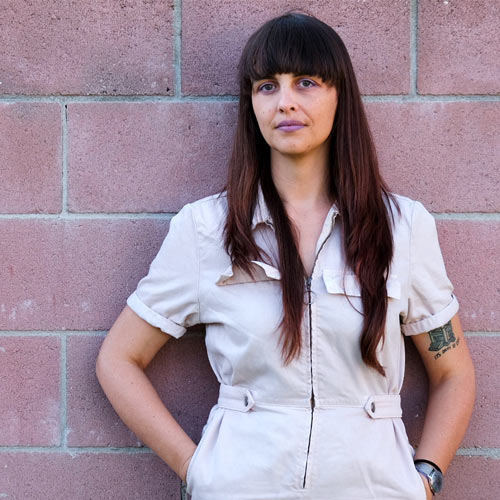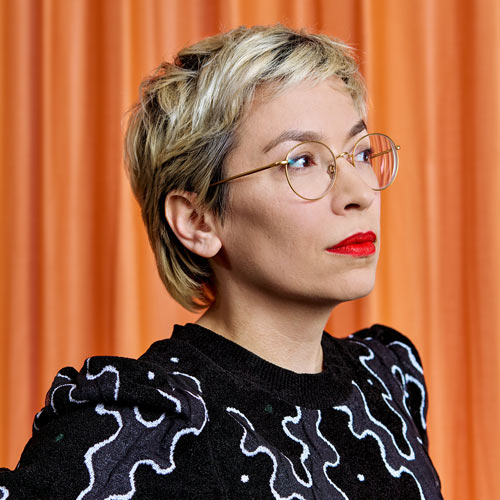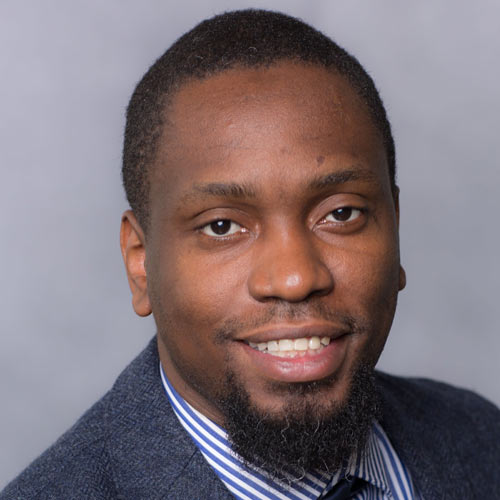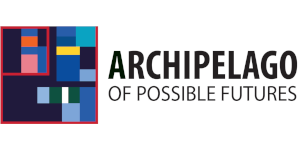This session opens confronting the rise of a new ideological and infrastructural order—where military AI, predictive policing, surveillance capitalism, and far-right platforms’ power converge. Here, the same tools that shape everyday life—smartphones, databases, image recognition—are silently absorbed into systems of control and violence, from conflict zones to domestic policing.
We examine the civilian-to-military pipeline that threads through today’s AI platforms, revealing how opaque infrastructures increasingly govern society, redraw legal boundaries, and reconfigure power. Drawing on investigative, spatial, and cultural analysis, the session considers how evidence and visibility can become civic tools for resistance and democratic oversight.
At stake is the political and perceptual architecture of dual-use systems: What does it mean when everyday infrastructures operate according to a war logic? How are public institutions, media platforms, and cloud providers implicated in the governance of violence and data? And what kinds of technical, civic, and political tools are needed to dismantle authoritarian technologies and build democratic alternatives?









